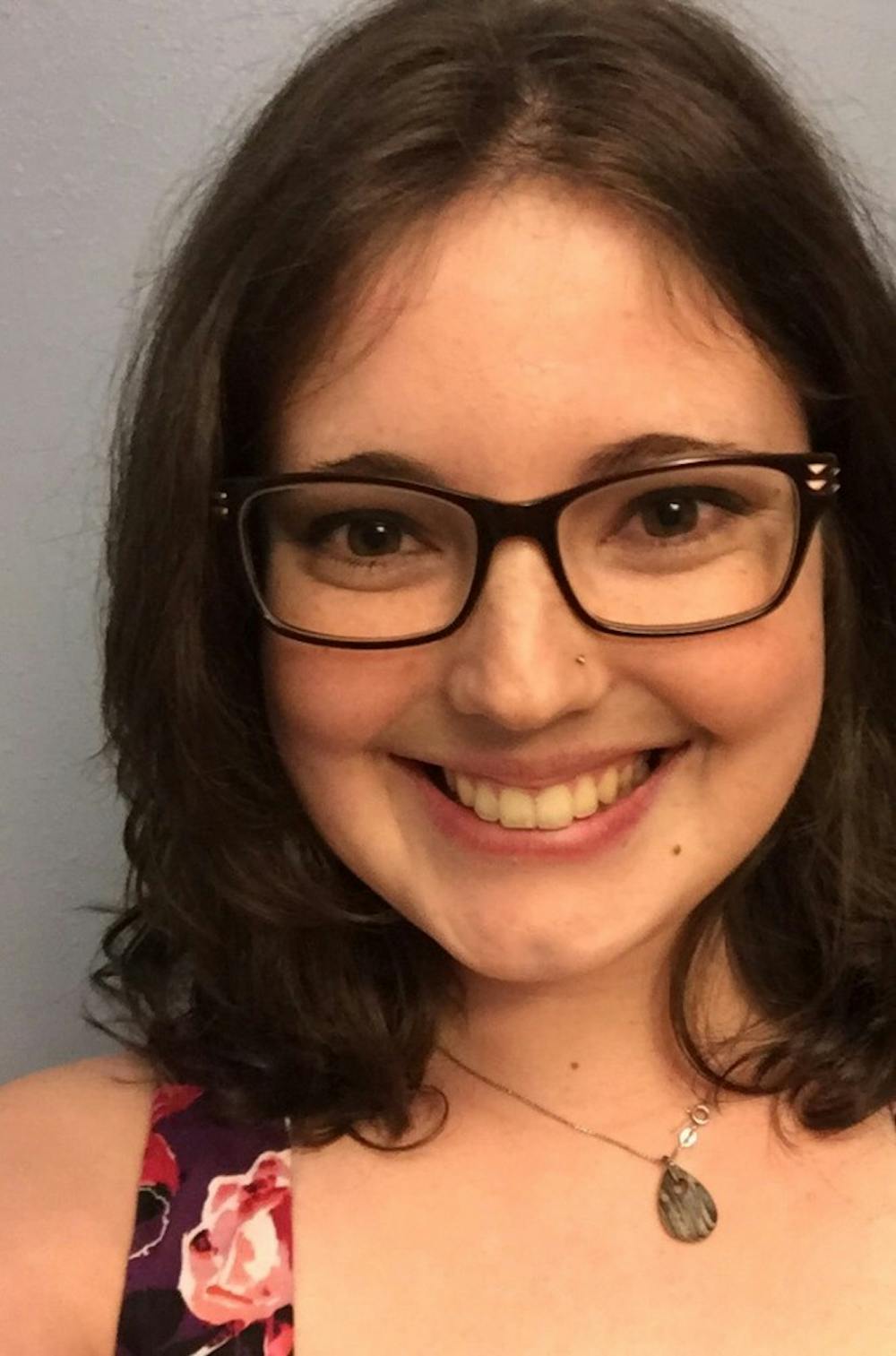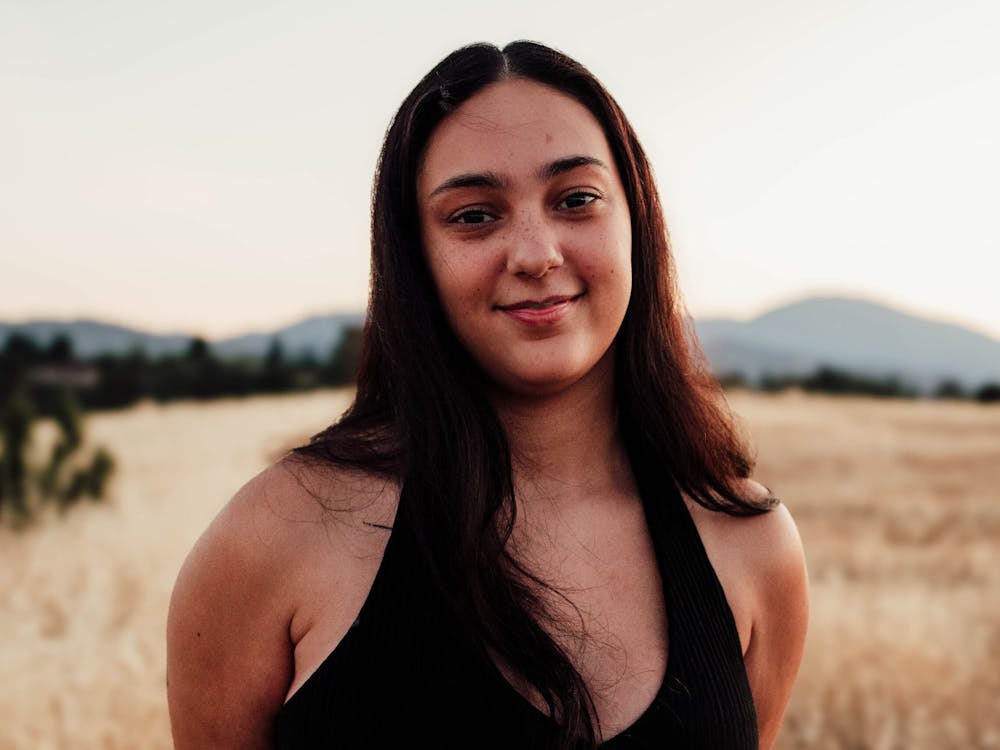by Amelia Hillier |
Many people who are chronically ill may think about ending their own life.
People don’t really talk about it though: How do you tell your friends that sometimes you just don’t know how you are going to keep on fighting? Society has taught us that statements like that get weird looks and awkward silences.
My struggle with mental illness started with my physical illness. My sophomore year at UP, I woke up one day with pain on my right side. It got steadily worse during the day, and a visit to the Health Center and a few diagnostic tests found nothing wrong.
Eventually, after many doctor visits and a lot of tears, I was diagnosed with ovarian cysts. Those later cleared up, but the pain was still there. I was put on medication and sent to a specialist.
It’s been almost two years, and I still have no confirmed diagnosis. My doctors all have their suspicions, but the only way to confirm them is to have surgery. My condition isn’t bad enough yet, however, my doctors and I have agreed that we don’t want to cut me open until it is.
But even if they do operate, what if they still don’t have an answer? Right now I manage OK with medication and physical therapy. Doctors have looked me in the eyes and said they cannot fix me; they just hope to make it better. I live life hoping that it will get better, but I also worry it will get worse. That’s where a lot of the depression and anxiety comes in.
I am not actively suicidal. Right now, I’m doing OK. I think it’s worth pointing out, however, that there is a huge psychological aspect to being constantly sick and people don’t talk about it enough. It is actually really hard to talk to my regular doctors about these mental symptoms. It’s also really hard to talk to my mental health therapist about my physical health problems. It feels like my own body is betraying me, and that’s so hard to wrap my head around. My mental and physical health are so closely connected and they fuel one another, but it’s hard to properly explain my diagnosis to either clinician so I can get that conversation going.
But really, after all this, all I get in my chart is a lousy note that says “active abdominal pain.”
That note means nothing. I’ll always have to sit down with everyone to explain what that note really means. It means there are nights I cannot sleep because I am in so much pain. Sometimes I can’t even do something simple like go to the bathroom or get off the couch without crying. There are days when I think there’s no way I can live another 60 years if I am carrying this burden.
I have sat in my car at a rest stop and, yes, thought about suicide because at the time I had lost almost all my social support due to my physical and mental unavailability. There I was at a rest stop in the middle of nowhere, alone and in so so much pain. It also, unfortunately, means that any mental stressor that comes along in life is that much harder for me because I already have all of this going on underneath everything else.
Any chronic pain or chronic illness is scary. Oftentimes, no one can see it and some people don’t believe that you are really struggling. It’s hard to reach out to people because telling everyone you’re depressed, anxious, sick and in pain all the time stops sounding real and just starts sounding like excuses or complaining. It’s isolating. You lose people in your support group. Your life gets thrown completely out of whack. All you want is for it to stop so you can go back to normal. But it won’t and you can’t. You have to find a new normal. And that’s hard. That’s really, really hard.
I know we all struggle, so let’s struggle together.
https://soundcloud.com/user-417816902/amelia-hillier?in=user-417816902/sets/spring-semester-2016
Amelia Hillier is a senior nursing major and can be reached at hillier16@up.edu.
Mental Health Resources:
UP Health and Counseling Center: 503-943-7134
Multnomah Mental Health Crisis Line: 503-988-4888
Awareness Resources:
Active Minds: activemindsup@gmail.com or facebook.com/activemindsatup








